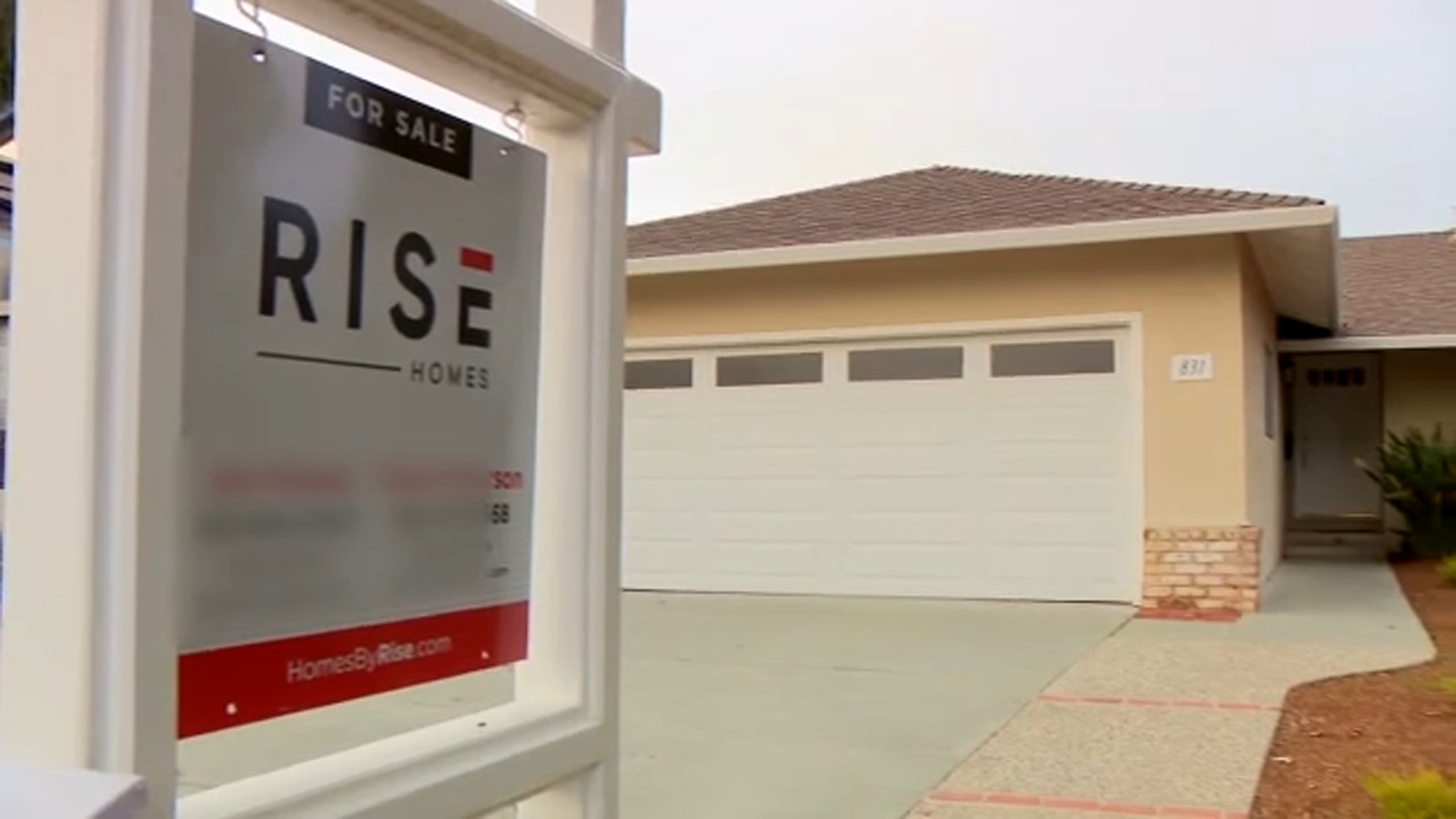- cross-posted to:
- [email protected]
- cross-posted to:
- [email protected]
My old house, from . 850 sqft, Which originally sold for $3500. in 1953
Just went on the market for a little over $ 1 million
Friendly reminder that in Austria this problem was solved in 1923, so it’s not like we don’t know how.
Ignorance has always been a fake excuse for much of what’s wrong with American politics. The reason is usually summed up by a combination of greed and malice, and a system not built to combat those traits.
This specific community doesn’t allow comments about how to stop this. There are solutions.
Go on…
And get banned? No
I’m pretty sure I know what you’re saying the solution is. Mao the landlords.
That’s certainly an option I wouldn’t be opposed to.
Build more housing
That’s it, that’s the solution
I think the mainstream consensus is that this is a supply and demand issue. The supply of homes is just not sufficient to meet the demand. But, while that’s true, it doesn’t explain why there is an insufficient supply of housing, relative to the demand. The reason is really quite simple: land is finite. Americans demand a detached, single family home with a yard and an attached garage. Only so many such low density homes can be built in any given area. That’s just a physical reality.
If you want a detached, single family home, with a yard, you can easily find one in many, many places in the US for WELL below $1,000,000. I did. My wife and I built a home on about an acre and a half of land, and it only cost us around $250,000. However, we are in a very rural area, in the interior of the country. The nearest major metro area is about an hour’s drive. If we were to try and buy a similar home nearer to the metro center, with all of its jobs and amenities, we would have to pay much more.
I think Americans are going to have to make a choice: if you want a detached, single family home, but you don’t want to (or can’t) spend the money it costs to buy one in a major metro area, you’re going to have to either give up your dream of owning a single family home, or you’re probably going to have to move pretty far out of the metro area, since even the suburban areas around most major cities are pretty full.
The American dream is dead (for most), at least in already very populated areas. It really is that simple. If you want to live in a major metro urban, or suburban area, you’re probably not going to be able to own your own single family home. You’re probably going to have to rent. (Edit: I should add that people might still be able to own, but it’s going to be condos or townhouses, not detached, single family homes). And we’re going to have to change the zoning laws so that more high and middle density housing can be built. If that doesn’t sound good to you, and you really want to own your own single family home, you’re probably going to have to move to a rural area and/or move to the middle of the country, to one of the “fly over” states.
I don’t think you’re wrong, but I think this might be over simplifying.
For one thing, in the USA, our building codes and standard methods for making apartments makes it very difficult and space inefficient to make apartments with enough bedrooms for families. Affording a SFH is only so desirable because there aren’t apartments big enough for families to grow into, and while moving to a rural area might allow for enough living space, now the family has to figure out how to have a job that supports them.
For another, we don’t make as many apartment-like buildings you can own part of. This deincentivizes staying in apartments, because with the way our real estate economy is structured, owning any real property is one of the best ways to secure a spot in the middle class.
Another aspect-- a lot of desirable places to live have populations that literally and directly state they don’t want to build more dense housing, they don’t want people who can’t afford the sfhs to live there. It’s not just about pricing people out of homeownership, it’s literally trying to gatekeep access to specific towns by class. Plenty of people would gladly accept living there even without SFHs, so the housing shortage is not caused by the people who want houses, and is instead caused by the people who don’t want apartments next to their houses.
Another aspect-- a lot of desirable places to live have populations that literally and directly state they don’t want to build more dense housing, they don’t want people who can’t afford the sfhs to live there.
That’s true, but I think that’s largely because they feel it’s necessary to protect their main investment. As you said, owning real property is one of the best ways into the middle class. For many Americans, their home is their most valuable asset, by far. People want to maintain these restrictive zoning laws because they feel it’s in their financial best interest to do so.
But I agree with pretty much everything you said.
For one thing, in the USA, our building codes and standard methods for making apartments makes it very difficult and space inefficient to make apartments with enough bedrooms for families. Affording a SFH is only so desirable because there aren’t apartments big enough for families to grow into, and while moving to a rural area might allow for enough living space, now the family has to figure out how to have a job that supports them.
Worth noting as well that it’s not just space. The construction and maintenance standards for US apartments are pure garbage. Every corner that can be cut, is. The kitchens are terrible, the insulation, thermal and acoustic, is subpar (if it’s even present - it wasn’t in any apartment that I lived in since 2000). They are frequently built purely with slum-lords rent-seeking from those who can’t afford a voice in mind, and little to no consideration for the inhabitants beyond appearing to meet building codes.
In order for Americans to buy into dense residential, it needs to be built in a way that it hasn’t for at least 50 years.
It would also explain that group’s opposition to the construction of public transport.
while moving to a rural area might allow for enough living space, now the family has to figure out how to have a job that supports them.
This is another place WFH benefits people. Folks can move somewhere affordable and live really comfortably, which reduces demand for housing in places where people need to be in person to go to work.
But then they’ll complain about “amenities” and “wanting to meet people” and “sitting around a fire all night making friends with woodland creatures isn’t good for your mental health” and they’ll still want to be crammed into a city.
Sorry for replying to an older post.
I was looking for a house recently. The newest houses are absolutely massive. They go for half a million at least. Is 2000 square feet not enough space anymore? Townhouses generally cap at 1000 square feet; 1200 is you are lucky.
Shall I just kill myself, then? How can I ever earn enough to live?
The answer: fund affordable housing and do it properly.
Buying just doesn’t make sense in my area. Property taxes alone on a $1m house would cost half as much as renting.
Zillow total estimated payment on a $1.1m house with 100k down-payment: $8000/mo. Ridiculous. You can rent a whole comparable house for less than $3k/mo all-in.










